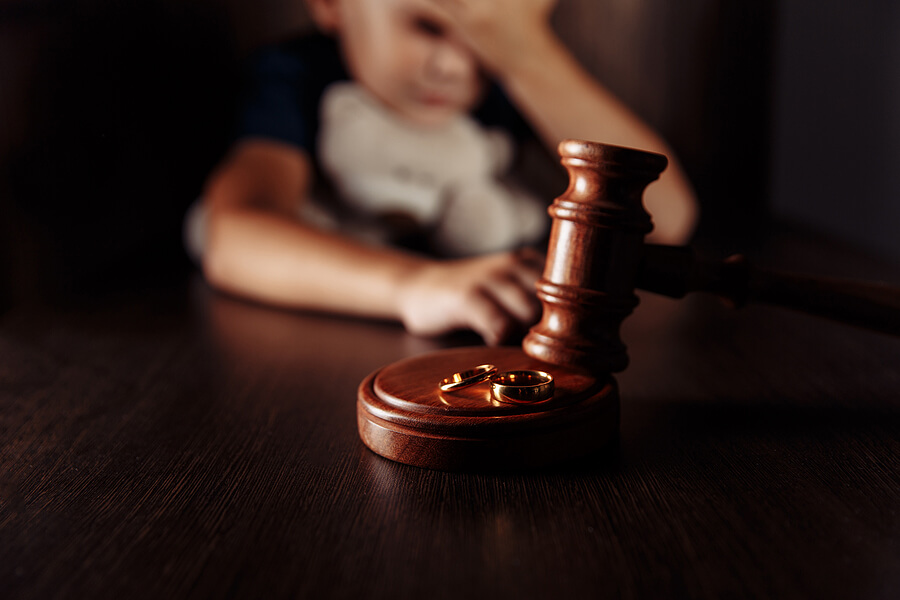Why use The Law Superstore to arrange child residency?
- Expert solicitors across the country
- Vetted and regulated by the SRA
- Over 100,000 people helped
- Instantly compare quotes from up to 4 solicitors
-
I was able to identify a local solicitor to where my case was being heard and in the process of preparing a case for court.
-
I had a number of very quick responses & I am using one of them for my POA.
-
Quick to respond with clear explanation of the law in a layman’s language.cheaper fees for extra services like planning permissions etc.
-
Efficient website, immediate response, instructions issued same day.
-
You offered a number of solicitors that all responded to emails or a phone call. So very pleased.
What is child residency?
Child residency is sometimes referred to as ‘custody’, but this is more of an American term. Child residency focuses on the living arrangements for your child, particularly if you and your partner split up.
A child residency agreement will outline where the child spends most of their time, how often they see each parent, how holidays and special occasions are taken into account, and what happens if any plans change. These agreements can be organised directly with your ex-partner, or through mediation. However, if you can’t come to an agreement, you can get a Child Arrangements Order which is a court order than ensures the child spends a period of time with each parent. This court order expires when they reach eighteen.
If your child decides they want to live with the other parent, and both parents agree, you can simply not follow the Child Arrangements Order. If one parent disagrees, the matter would need to go back to court.
Child residency orders are focused on what is best for the child, not the parents.
How to apply for child residency
If you don't currently have access to your child, or are concerned about formalising a child residency arrangement in the wake of a divorce, it’s best to speak to a solicitor. A legal expert will be able to assess your situation and tell you what to expect. You may want to start with mediation before going the legal route. If you are concerned about having limited or no access, your solicitor may recommend applying to court for a Child Arrangements Order to formalise your rights to access.
What is parental responsibility?
Parental responsibility means you need to be involved in the big decisions in your child’s life. Even if you aren’t the resident parent (your child lives with you most of the time), parental responsibility ensures you are part of the decision-making process when it comes to your child. This could include things like where they go to school, what religion they are raised, or if their name is changed. You have parental responsibility if you are named on the birth certificate, or if you’ve obtained a Parental Responsibility Order.
Frequently asked questions
What do I do if my ex-partner won’t let me see my child?
The fear of not getting access to your child can be frightening, but it’s important to keep calm. Ideally, your ex-partner will agree to mediation, which would help you find a way to compromise around your child’s time and how it’s spent. If your ex-partner refuses, you will need to speak to a solicitor. They will be able to guide you on getting a court order to ensure you have access.
Can I refuse child contact?
If you are concerned about your child’s safety if they stayed with your ex-partner, then that is the only reason residence or access would be denied. If you were concerned for your child’s welfare, you could get an Emergency Residence Order which would limit parental responsibility to whoever has the order, and give the right to either remove the child or prevent their removal. Emergency Residence Orders are really only used in the case of harm or potential harm of the child. This could include physical, emotional or psychological harm, the parent abusing substances, or the illness of a parent causing the child distress.
Should we use mediation for child contact arrangements?
Using mediation is a great option if you are on fairly good terms with your ex-partner, but just want some help in coming to a fair agreement that benefits your child. Agreements made in mediation aren’t necessarily legally binding, but you can arrange to make them so if you wanted extra security. If mediation has been rejected, or you cannot get any access to your child, speaking with a solicitor may be the best way forward.
What are contact rights for grandparents?
If you are concerned about your grandchild’s safety or wellbeing, anyone is able to apply for an Emergency Residence Order. If you are more generally concerned about having access to your grandchild, it’s important to know that there is no automatic legal rights given to grandparents. We would recommend starting with mediation, which is necessary if you want to move on to a court order. If the mediation doesn’t work, you can apply for a court order, but your solicitor will advise you on the best course of action.
How much will arranging child residency cost?
Mediation fees vary, as do solicitor fees. These will be based on the time taken and the complexity of your case. Usually, if there is more back and forth and arguments about options, your solicitor fees will be higher. You will need to pay court fees if you are applying for a court order, which is around £215. Speak to a solicitor or fill out our quote form to get a better idea of what pursuing child residency might cost for you.


